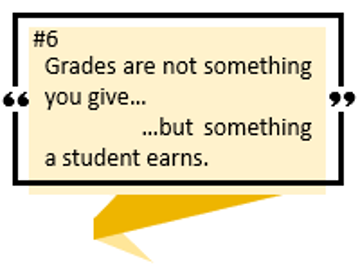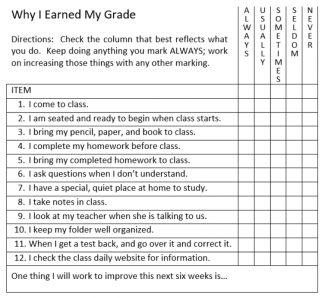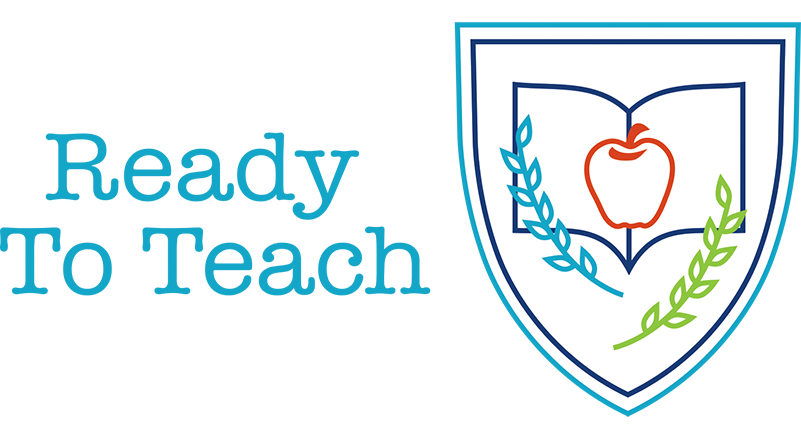30 Apr Words of Wisdom #6: Student Academic Success
Getting students to see and link between what they do and the grades they earn can go a long way in shaping and reshaping their approach to learning – and their personal academic accountability.
ACADEMIC SUCCESS – SHOWING STUDENTS THE LINK BETWEEN EFFORT AND OUTCOME
Now we know the truth of this statement, but unfortunately it is not always something that students understand. And it is our job to help students connect the study habits, behaviors, and habits of mind with the resulting academic success that follows when they engage these three. We must help students see what and how they need to do to experience academic success.
The Kappan once ran a cartoon of a student after school saying to his friend: My teacher’s really tricky – I study hard and she gives me an easy test. But then I don’t study and she gives me a hard one! It’s too true to be funny (but I still find myself shaking my head and chuckling). The student was oblivious to the link between studying and academic success.

TRUE STORY – “GETTING TO MARK THE GOOD SIDE”
A teacher friend of mine gave me permission to share the following story:
Some years ago, Jan Clark transferred from a suburban school to an urban one. At the end of the first six weeks, over half of her students had D’s and F’s on their report cards. Less than 50%f of the class experienced academic success.
As students received their cards, the teacher was bombarded with questions of Ms. Clark, why don’t you like me? Ms. Clark, how come you’re so mean? Ms. Clark, why’d you give me a bad grade. And as the teacher listened, she realized her students truly had no idea why those grades were on their cards. They lacked understanding of the connection of choices they made and their academic success. So, that evening Jan brainstormed the behaviors, study habits, and habits of mind that she believed led to academic success in her classroom. Choosing a dozen from the generated list, she made and ran copies of a student self-assessment checklist for her students. (Note that research indicates student self-assessment is a key to stronger student motivation and achievement [McMillan & Hearn, 2008]). Below, you see some of the items she chose.
Using a student self evaluation like the one above provides one way for students to see the connection between their chosen behaviors and academic success. By completing the evaluation, students see which of their behaviors support academic success as well as what they can do to improve.
The next day she presented students with the checklist, guided them to self-assess how often they did the things on the list – and to select one thing on which they would work to improve for the next six weeks. At the end of the second six weeks, about a third of the students earned D’s and F’s. Now about 67% of the class had academic success.
Again she ran copies and guided students to self-assess and target one area to improve. At the end of the third six weeks, the D’s and F’s were less than ten percent. Over 90% of the students experienced academic success! And the Jan breathed a sigh of relief – and ran no more checklist copies.

Using a student self evaluation like the one above provides one way for students to see the connection between their chosen behaviors and academic success. By completing the evaluation, students see which of their behaviors support academic success, as well as identify what they can do to improve.
But the following day she was met with multiple student demands: Ms. Clark, where’s that checklist? Ms. Clark, where’s that thing we mark the columns? Ms. Clark, where’s that paper we mark how we did? Jan was stunned. These students were now earning A’s and B’s and C’s and still wanted the checklist? She asked them why they would want the list when they were doing well. Their unanimous reply? We want to mark it up on the good side!
MAKING YOUR OWN CHECKLIST
Consider the items on Jan’s checklist above and what things you might put on a self-checklist for your students to help them understand how to earn a good grade. What things would lead to academic success in your classroom? What behaviors, study habits, and habits of mind could shape students’ academic success both this year and in years to come?
Note: For secondary students, viewing https://www.wikihow.com/Be-One-of-the-Best-Students-in-Your-School may encourage them in habits that will lead to improved academic success.
Until next week – may you experience success in all your academic endeavors!
Alene
*McMillan, J.H. & Hearn, J. (2008). Student self-assessment: The key to stronger student motivation and higher achievement. Educational Horizons 87 (1) pp. 40-49.


